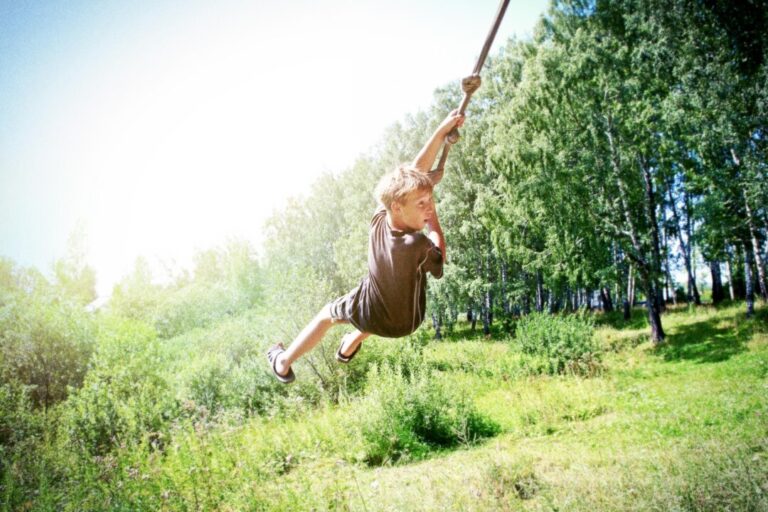Children living near trees and parks show measurable changes in brain areas tied to attention, language, and motivation.
That neighborhood park might be doing more than offering kids a place to play. A recent analysis from the UK of U.S. brain scan data suggests that even brief exposure to greenery could shape how a child’s brain develops—particularly in areas tied to learning, focus, and emotional regulation.
The findings, published in Biological Psychiatry, come from researchers at King’s College London, who examined data from more than 7,000 children enrolled in the Adolescent Brain Cognitive Development (ABCD) study, the largest long-term study of brain development in the United States.






